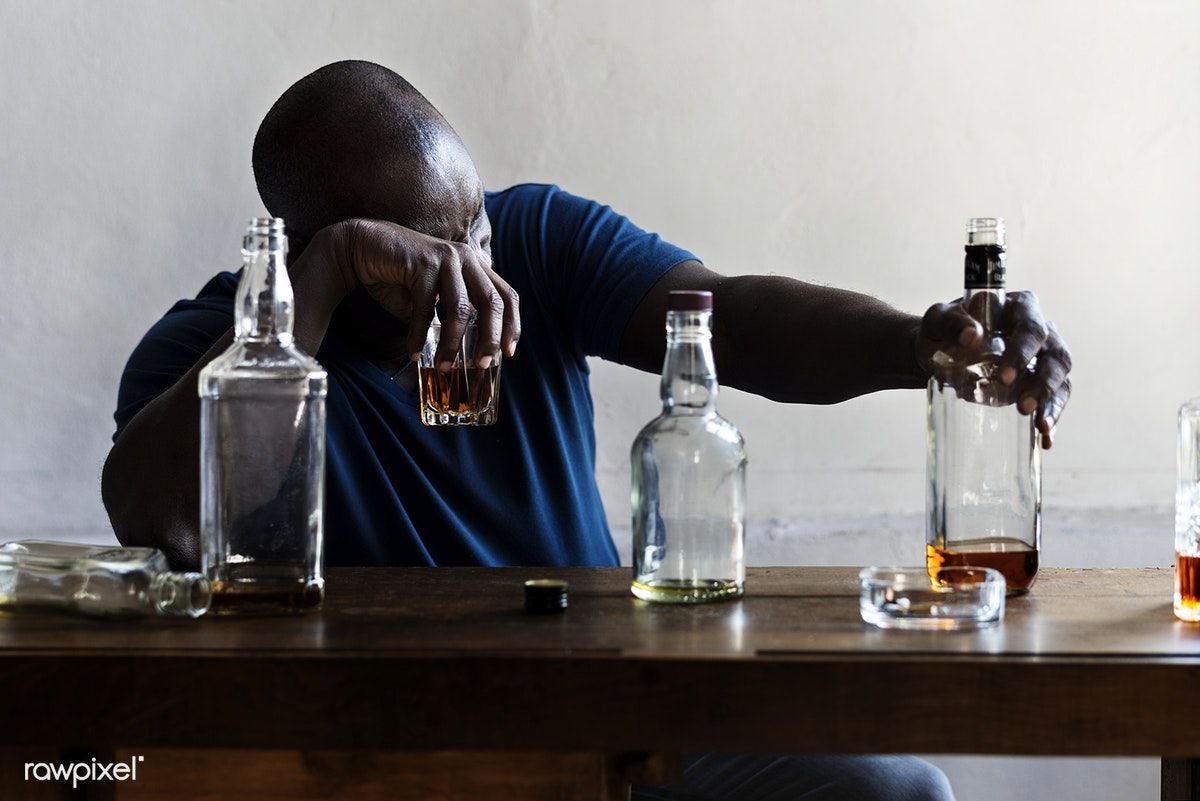The earlier the diagnosis, the better the prognosis. This medical principle applies to addiction, and the importance of recognizing early warning signs cannot be overstated.
Addiction is a progressive disorder that, if left to run its course, gets worse, not better. When someone has lost their personality along with family, friends, and a job, they have lost many of life’s most important incentives for getting better.
The best-known symptoms of addiction are late-stage physical symptoms—the red face of a person with a long-time alcohol problem, the emaciation of someone who is addicted to crack, the facial sores of meth users. The earliest warning signs, however, are changes in behavior that family members, friends, and colleagues can identify.
Rationalization and Projection
“I always had a convincing reason to drink,” remembers a 45-year-old patient in long-term recovery from an uncontrollable craving for alcohol. “First I drank to be social, then to relax after work. Next I drank to sleep, and then to forget. None of these explanations seemed like rationalizations. I had real needs and believed only alcohol could meet them.”
As craving deepens, addicted individuals begin organizing their lives, often in rigid ways, around the need for uninterrupted access to alcohol and other drugs. They may become increasingly irritated by schedule changes and blame their odd behavior on parents, partners, their children, or an unfair employer. Family members are especially vulnerable targets and will often change their own behavior to placate addicted loved ones.
Mood Swings and Personality Changes
While addicted individuals can be highly critical of other people, their own behavior may be unpredictable and can quickly change from jubilant euphoria to angry suspicion. When an addicted individual is “on the wagon” or trying to cut back, mood swings become more pronounced.
At the extreme end is the Dr. Jekyll and Mr. Hyde syndrome. For reasons not yet known, some people experience a personality change when they are drinking or using other drugs. At its worst, this transformation resembles the presence of two different personalities in one body. A loved one disappears, and an out-of-control stranger takes her place.
One of my patients was a highly moral person who, when drinking, watched pornographic movies in front of his children. Another was a kind father and husband until he drank heavily. He spent one European vacation roaming the streets in his underwear, knocking on doors and challenging people to fight. His children and wife barricaded themselves behind a door, terrified that he would make good on his promise to kill them.
When they returned home, his wife asked me to help with an intervention. It was successful in part because her husband was shocked to hear about his behavior, of which he had no memory. He willingly went to a treatment program, but it took many years before he was able to restore a relationship of trust with his family members.
Deteriorating Relationships
When I could control my drinking, I could still charm a crowd and make new friends. But when I partied, I often became a raging lunatic. One night, I taunted some fraternity guys who were in mourning for a frat brother killed in a car wreck. They jumped me in an alley, breaking my nose and leaving me with a deep gash above my eye. Except for a stranger’s intervention, they might have stomped me to death.
—James B., co-author with Dr. Spickard of The Craving Brain
Many people, like my co-author James B., begin their journey into addiction as the life of the party. As their craving deepens and their behavior deteriorates, their social circle narrows to other users or addicted individuals, feeding the delusion that heavy drinking and drug use is normal behavior. In the end, even these friends may disappear, leaving them isolated and alone.
“As an addicted person, I was a consumer of relationships and people,” says James. “When I wasn’t drinking, I was lots of fun and could easily land a good job, win people over, and make new friends. Then I would get loaded, and all my anger came pouring out. People walked away from me, or I from them.”
“For years, I went from one circle to the next, not connecting my broken relationships to my behavior and drug use. It was always everyone else’s fault—their loss, not mine.”
The family life of addicted individuals is often marred by sudden or unexplained changes, including separation and divorce. Children may run away, go to live with relatives, or otherwise prematurely separate themselves from home.






